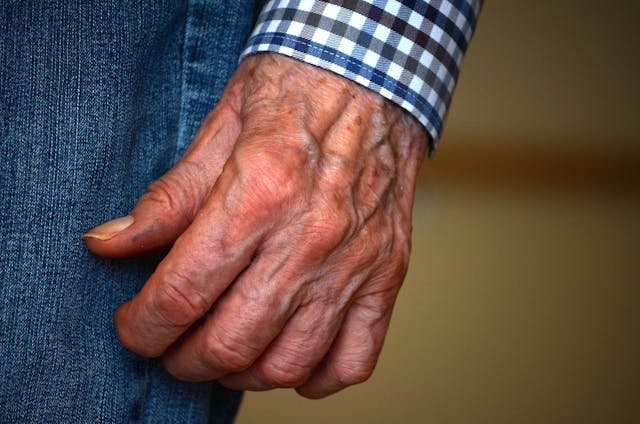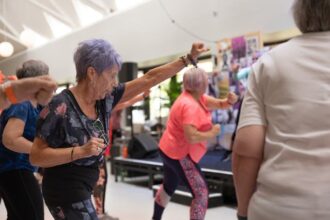The intricate interplay between physical appearance and mental and physical health as we age forms the crux of new research recently published in the journal Psychology and Aging.
Julie Ober Allen, an assistant professor of health promotion at the University of Oklahoma, spearheaded this research. It reveals that 59% of adults aged 50 to 80, in a nationally representative survey of Americans, believe they appear younger than their peers. These individuals reported more positive ageing experiences, such as being sought after for advice and possessing a strong sense of purpose. Conversely, those who felt they looked older than their contemporaries experienced more negative interactions. Allen’s research highlights that ageism—which encompasses stereotypes, prejudices, and discrimination based on age—can lead to chronic stress and have detrimental health effects.
Allen explains, “Ageism often presents itself through micro-aggressions.” For example, complimenting an older individual on looking suitable for their age or assuming they are inept with technology can trigger a stress response akin to a fight or flight reaction. To cope, some might turn to stress-eating sweets or smoking, which are behaviours linked to adverse health outcomes.
Allen’s team delved into how physical appearance is a surrogate for age. Individuals displaying characteristics typically associated with old age, like grey hair or wrinkles, are more likely to be stereotyped and face discrimination. According to Allen, this bias originates from the American cultural fixation on youth and specific beauty standards.
“We asked participants how much time and effort they devote to looking younger, which is a complex question as it can reinforce certain stereotypes,” Allen remarked. About 35% of participants admitted investing time and money to appear younger. Interestingly, these individuals reported positive and negative ageing experiences in society. Those who successfully appeared younger faced less discrimination, yet they might also have experienced increased anxiety and discomfort about their ageing appearance.
Allen emphasizes that ageism, unlike other forms of discrimination such as racism, sexism, or homophobia, is often disregarded and more socially tolerated. Her findings indicate that ageism affects both genders equally and that older adults from all racial and ethnic backgrounds across the US experience it.
“People often assume women are more affected by ageism, but the data doesn’t support this,” she stated. “Men and women might experience it differently, but both genders are impacted.”
Allen’s research conclusively shows that individuals who perceive themselves as looking younger enjoy more positive experiences and better mental and physical health outcomes. Moreover, those who appear more youthful experience less age-related discrimination. However, Allen suggests focusing solely on looking young might not be the best approach for ageing Americans.
“We should prioritize healthy behaviours, which also affect ageing and appearance. Engaging in regular exercise, maintaining a healthy weight, and abstaining from smoking can help you appear younger as you age. Thus, appearance is a beneficial secondary result,” she explained. “By adopting healthy behaviours, you not only enhance your health but also improve your quality of life and reduce functional limitations.”
More information: Allen, J. O., Moïse, V., Solway, E., Cheney, M. K., Larson, D. J., Malani, P. N., Singer, D., & Kullgren, J. T. How Old Do I Look? Aging Appearance and Experiences of Aging Among U.S. Adults Ages 50–80, Psychology and Aging. DOI: 10.1037/pag0000800
Journal information: Psychology and Aging Provided by The University of Oklahoma








